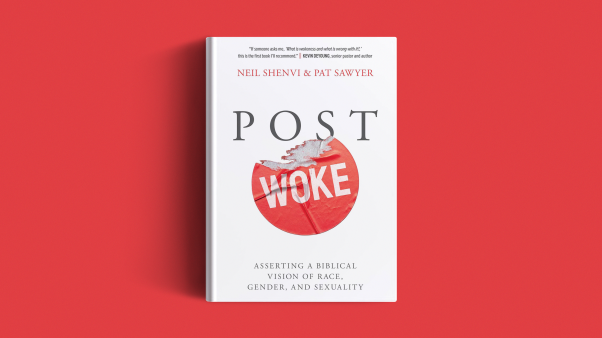Q: Should talented, unbelieving musicians be allowed to play with the worship team?
A: Yes! While the worship band’s primary role is to support congregational singing and to facilitate the worship experience, it can also be a meaningful way to lead people to Christ from within the band.
I vividly remember a 15-year-old named Josh who accepted Christ while serving in a youth musical. Three months later he died in a car crash.
We hired one of our first bass players because we could not find a volunteer. As it happened, he was not a believer. He accepted Christ and has now been at the church for over 18 years.
Jason, a talented guitar player, also became a Christian through the band. He later joined our staff, attended seminary, and serves today as a dedicated minister.
These examples remind us that life-changing ministry can happen within the band, and not merely through the band.
There still remain two common objections I hear to allowing unbelievers to participate with the worship team.
First, “Non-Christians can’t worship, so how can they lead worship?” I see a distinction between playing in the band and “leading” worship. I do not use an unbeliever as a soloist because it could be seen as a leading role, but I do use them in supporting roles. This benefits the church by providing quality musical accompaniment, and it benefits the team by keeping them focused on a mission—in this case, helping someone they know begin a relationship with Christ.
I agree that unbelievers can’t truly worship, but God’s greatest desire is for his lost children to be found. Using a person’s musical talent as a point of connection is a wonderful ministry opportunity that should not be passed by.
The second objection I have heard is “Permitting a non-Christian on the platform is not a good witness. Someone might mistake the musician as a member of the church and draw conclusions based on his or her lifestyle.”
Since I believe all band members, Christian or not, should be expected to live above reproach, we ask every musician to adhere to church covenants and personal conduct standards.
In 28 years of ministry, most of the disciplinary issues I have faced have been with Christian members of the band or choir, not with non-Christians. Most of us know that calling ourselves a Christian does not guarantee moral purity. Neither are all unbelievers morally bankrupt. But stating clear expectations is important.
The benefits of welcoming unbelievers to participate with their musical talents far outweigh any risks. They gain much closer contact with dedicated believers, they are in church and hearing the messages every weekend, and they very often begin a personal relationship with Christ.
We shouldn’t include these musicians on our teams simply for their talent, but as a way to love them and bring them to the cross.
Rick Muchow is worship pastor of Saddleback Church in Lake Forest, California, and author of The Worship Answer Book.
Copyright © 2008 by the author or Christianity Today/Leadership Journal.Click here for reprint information on Leadership Journal.









